Foster Care Adoption (DCS)
Foster care adoptions, sometimes referred to as foster parent adoptions or DCS adoptions, refer to adoptions of children who are wards of the Indiana Department of Child Services, or DCS, the state department responsible for the well-being of children.
When children are removed from their birth or biological parents, they may be placed with licensed foster parents, relatives, or kin. The procedure for adopting children placed with foster parents, relatives, or kin is essentially the same.
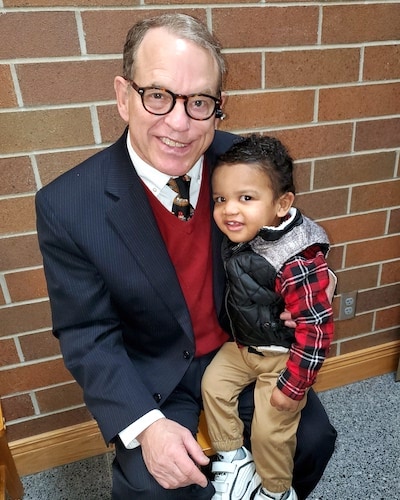

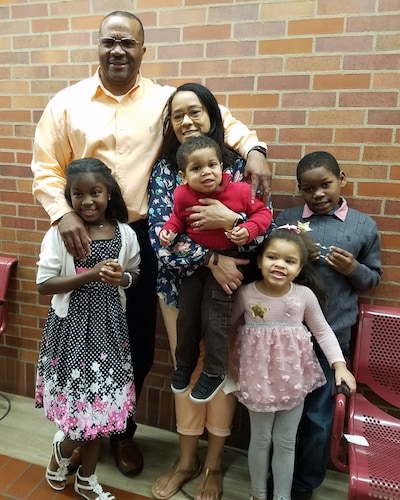
Overview
Some foster parents only wish to foster children who need a temporary home; they do not have any intention or plan to adopt a child. Other foster parents hope to adopt a child placed with them by DCS. This is often called foster-to-adopt.
When going through the licensing procedure to become foster parents, you can let DCS, or a private agency that is contracted by DCS for licensing, know that you prefer placement of a child that DCS expects to be available for adoption. It’s important to understand, however, that DCS cannot be certain at the time of placement that a child will be available for adoption. This is because that decision is ultimately up to a judge.
It is also important to understand that you have the right to consult with an attorney at any time. Some DCS caseworkers or case managers may tell you that you don’t need to meet with an attorney until later in the process, but that’s not true. You should not rely on DCS, friends, or family to know your legal rights. You need to work with an attorney who knows the law, as well as the tendencies of different county DCS staff and other local practices.
My practice is limited to adoption and I have had the privilege of assisting countless families across southern Indiana. I can provide you with sound and experienced advice about your legal rights and the steps needed to move through the process. When you decide that adoption is your goal, please CONTACT ME to learn more.
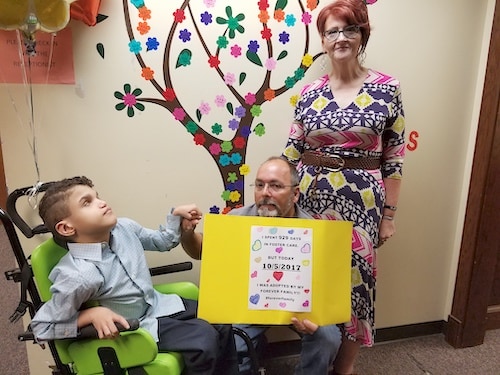
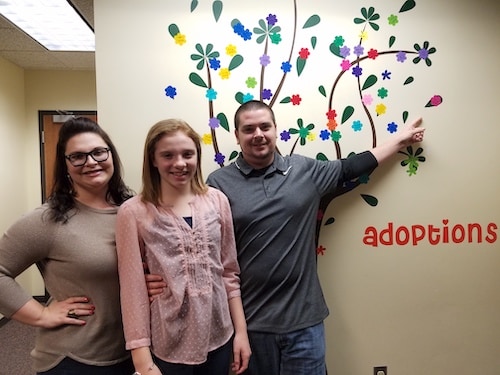
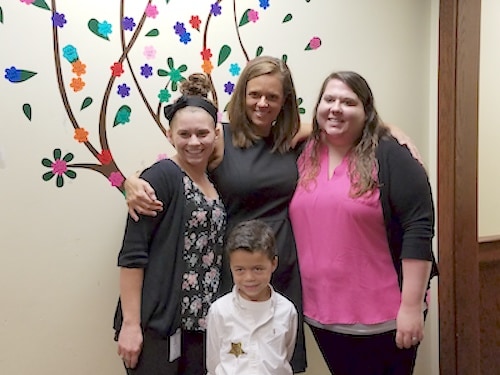
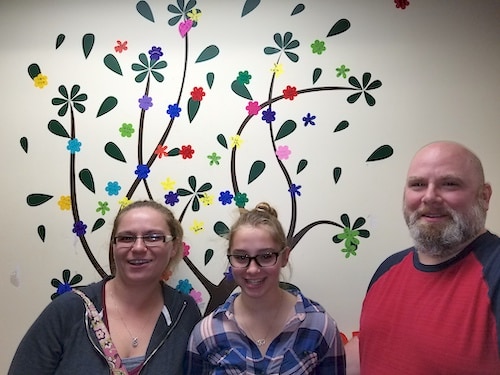
The Foster Care Adoption Process
When a child is removed from his or her biological parent(s), DCS files a petition asking the court to find that the child is a “Child In Need of Services” (CHINS). When DCS files a CHINS petition with the court, it means that DCS has concluded that there are reasons the child cannot be returned to the home until certain changes are made. A hearing will be held and a judge will ultimately decide if the child is truly a Child In Need of Services.
Once a child is found to be a CHINS, DCS determines which services need to be provided to the child and what the parents need to do so everyone can be reunified. The CHINS case can go on for a long time because a birth parent might start participating in services and doing what he or she is supposed to do according to the case plan developed by DCS and approved by the court.
Under Indiana law, DCS can file a petition to terminate parental rights (TPR) when they are convinced that the birth parent(s) will never follow through and complete required services. However, by statute, DCS is required to file a TPR when the child has been out of his or her home 15 of the most recent 22 months.
The court will schedule a trial on the TPR petition. If the court finds after a trial that DCS has established to the court the requirements needed to terminate the parental rights of one or both birth parents, the court will issue an order terminating the parental rights. The birth parent can appeal to the Indiana Court of Appeals.
After a court order terminates parental rights, the child can be adopted unless the TPR ruling has been appealed, which will delay the final adoption hearing.
Biological parents can choose to voluntarily terminate their parental rights by either surrendering their parental rights to DCS or by consenting to the adoption of their child by the foster parent. This can greatly reduce the time the foster parent family has to wait to finalize their adoption.
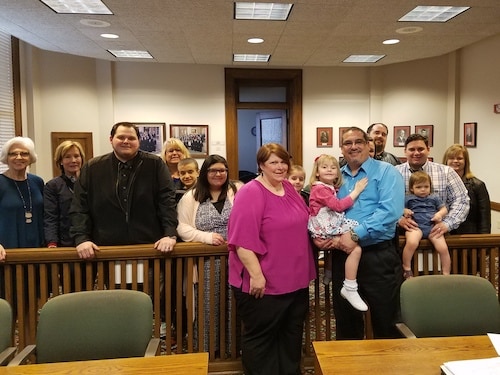
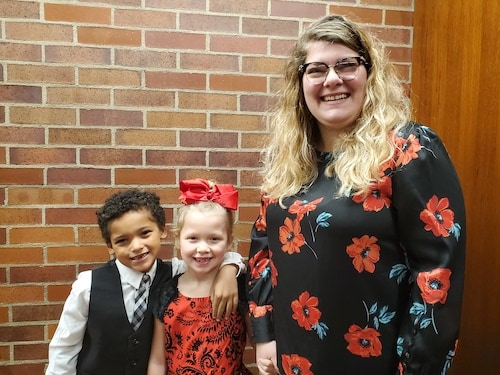
Filing a Petition to Adopt
In some counties in Indiana, DCS does not like you to file your petition to adopt a child until DCS has formally terminated the birth parents’ parental rights. In other counties, DCS may encourage you to contact an attorney and file your petition to adopt as soon as DCS expresses its intent to file a TPR against the birth parents.
I would strongly encourage anyone who is considering adopting a child placed in their care by DCS to contact an attorney as soon as possible. There is no requirement that you have to wait a certain amount of time to consult with an attorney. Because of the differences between Indiana county practices and even between DCS caseworkers within a county, the best time for you to learn about your legal rights is now.
It is important to work with an attorney, like me, who has extensive experience with DCS adoptions and policies and procedures. It isn’t unusual for a DCS caseworker to communicate inaccurate information regarding your legal rights or any of the legal steps for a foster care adoption. They don’t necessarily do this intentionally, but it is common.
Timing of Adoption Finalization
The time it takes to finalize your adoption depends on a number of factors. If the biological parents’ parental rights are terminated before you file your petition for adoption, the adoption should be able to be completed in approximately 3-6 months. There will be a delay if one or both biological parents appeal the termination of their parental rights.
Although it should take 3-6 months, it can take longer. There are several steps that DCS must complete during the adoption process and there are times when their failure to complete certain steps in a timely manner can drag out the adoption for months.
Another factor is that the adoption subsidy process cannot be started until either the biological parents’ parental rights are terminated, they surrender their parental rights to DCS, or they have signed consents for the adoption.
The adoption subsidy process starts with an application and the last step is a negotiation of the adoption subsidy per diem. The foster care per diem is based on the age and the special needs of the child and is not negotiable. By contrast, the adoption subsidy varies with each child based primarily on your financial situation and the needs of the child. The adoption subsidy application through the finalization of your negotiation can take as little as 6 weeks, but depending on a number of factors, it can also take several months.
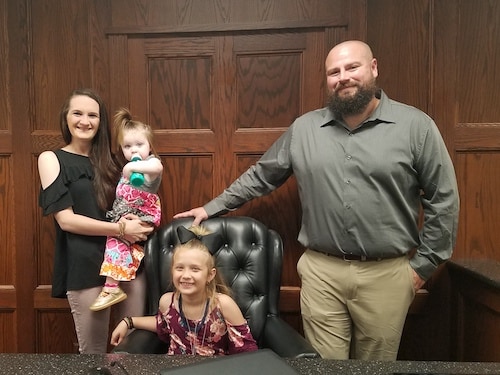
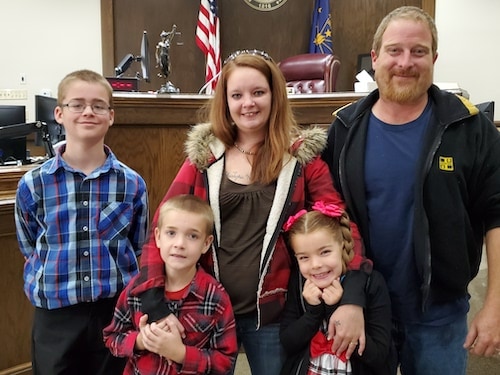
Contested DCS Adoptions
In contested DCS adoptions, the length of time to complete an adoption can be extended by a few months or even up to a year.
A contested DCS adoption generally means one of two things. It may mean that you want to adopt your foster child, but DCS will not consent. This does not happen often, but it’s possible.
Another way a DCS adoption can be a contested adoption is if DCS is not proceeding with the termination of parental rights for the biological parents in a timely manner. In many circumstances, you do not have to wait for the DCS to file a petition to terminate birth parents’ rights—you can file your petition to adopt and move forward. If the birth parents object, this is another reason why a contested hearing may be necessary. As your attorney, I can often take steps to move through these barriers.
Termination of Parental Rights (TPR)
Historically in Indiana, when a child was a ward of DCS, only DCS had the right to file a petition to terminate the parental rights of the biological parents. This recently change, giving Court Appointed Special Advocates (CASA) the right to file a petition to terminate the parental rights of the biological parents. In most counties in Indiana, the court will appoint a CASA worker or a guardian ad litem (GAL) in almost every CHINS (Child In Need of Services) case. The CASA worker represents the best interests of the child.
DCS can file a petition to terminate parental rights at any time if they believe the statutory requirements to do so have been met. DCS does not normally file this very early after the child is placed in foster care because the goal for every child after removal from the parents is reunification. CASA has the right to file a termination of parental rights (TPR) under Indiana law, but rarely does so.
In some cases, it is clear that reunification will not be possible and DCS may move fairly quickly to terminate parental rights. Most of the time, DCS does not move quickly even when foster parents or CASA think that reunification is not possible and not in the child’s best interest.
By statute, if the child has been in foster placement for 15 out of last 22 months, DCS is required to file for the termination of parental rights. Even when DCS does this because it’s required by statute, DCS may still not want to terminate parental rights (they simply file the TPR petition to comply with the statute). The reality is that the individual age, experience, personal biases, and supervisors’ opinions impact caseworkers handling every individual case.
Understandably, the goal of DCS when a child is removed from his or her parents is to provide services for parents to enable them to fulfill their parenting role for the child and reunite the family. While everyone may agree that is an appropriate goal, how and what services are provided, as well as how many chances biological parents should receive to start and stop services, are interpreted very differently by most of the parties involved.
If biological parents surrender their parental rights to DCS or if the biological parents sign consents for the adoption by the foster parents, a TPR trial is not necessary.
If biological parents do not surrender their parental rights to DCS or sign a consent for the adoption, a trial is scheduled. If a trial is held, a judge will decide if the statutory requirements have been met for the court to rule the biological parents’ rights have been terminated.
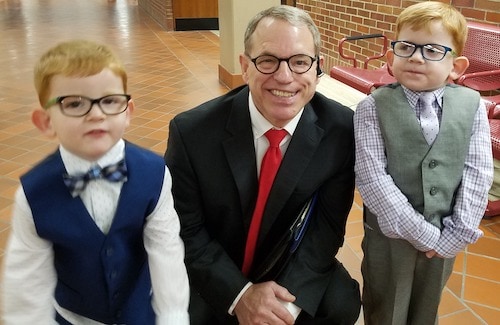
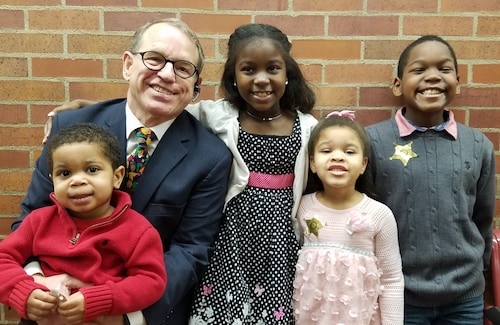
The Adoption Subsidy
The Federal Adoption Subsidy is a different subsidy that commences after the adoption and replaces the foster care subsidy.
You can apply for a federal adoption subsidy if:
- your foster child is 2 years of age or older or
- your foster child is less than 2 years of age and meets certain specific special needs definitions or
- you are adopting siblings of any age
The federal adoption subsidy has three parts:
- a per diem (or daily amount) that is negotiated right before the adoption is finalized and that the child will receive until he or she is 18 years of age
- Medicaid until the child is 18 years of age
- a nonrecurring adoption expense (NRAE) of $2,000 that is for attorney fees
There are circumstances when the Medicaid and per diem may extend beyond 18 years of age, but it is limited and typically would involve a child with substantial special needs.
The Adoption Subsidy Negotiation
Each year, the state of Indiana sets specific per diem amounts for children in foster care based upon the age and health of the child. These foster care rates are not negotiable.
The adoption subsidy per diem that you will receive after you adopt a child is a negotiated amount. It never exceeds the foster care per diem and rarely even equals that amount.
I greatly assist my adopting parents with this important step that most adopting parents consider confusing and burdensome. There are aspects of this step that few adopting parents or even attorneys know about and that can have a significant impact on your final negotiated per diem.
As stated earlier, the NRAE (nonrecurring adoption expense that is for attorney fees) is $2,000.
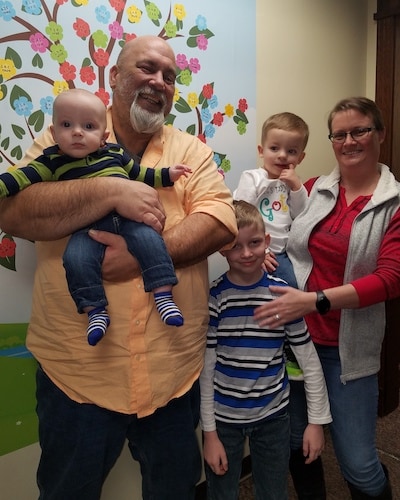
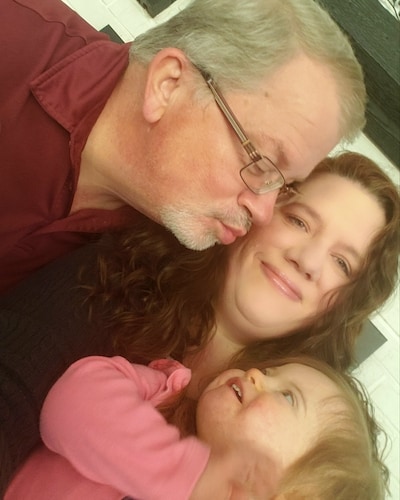
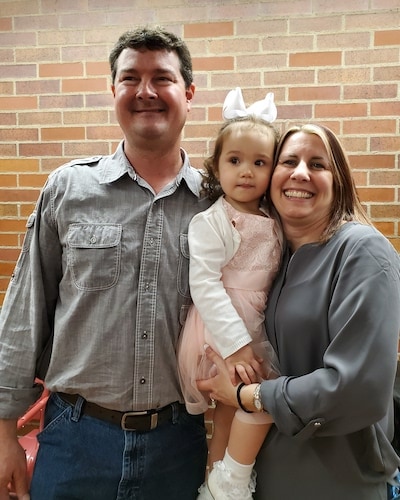
Guardianship Versus Adoption
On rare occasions, DCS may suggest that a relative who has placement of a child obtain a guardianship. There are some circumstances where this makes sense.
There is a guardianship subsidy available, but it is only available if the child has been in placement for 6 months, the relative is licensed as a foster parent, and the child is 13 years old or older (there are certain exceptions for a your child based on the presence of special needs).
Grandparent or Relative DCS Adoption
By statute, when a child is removed from birth parents, DCS is required to determine if there are relatives who are willing to take placement and who meet certain requirements. Relatives do not have to be licensed foster parents, but they still have to have a criminal background check, a CPS check, and a home visit to ensure that the home is appropriate and safe.
In most instances, the relative placement, often grandparents, aunts, or uncles, are not a licensed foster parent so they will not receive any foster care per diem. It is possible after the child is placed with them that the relatives become licensed foster parents, but many choose not to because the procedure can be quite lengthy, and the relatives are expecting the child to be returned to the family member after a short period of time.
The child in relative care will receive Medicaid. There are other limited resources available for a non-licensed relative placement. If the relatives eventually adopt the child, they can receive the adoption subsidy that includes Medicaid until the child is 18, the negotiated adoption subsidy per diem, and $2,000 NRAE (nonrecurring adoption expense that covers attorney fees).
